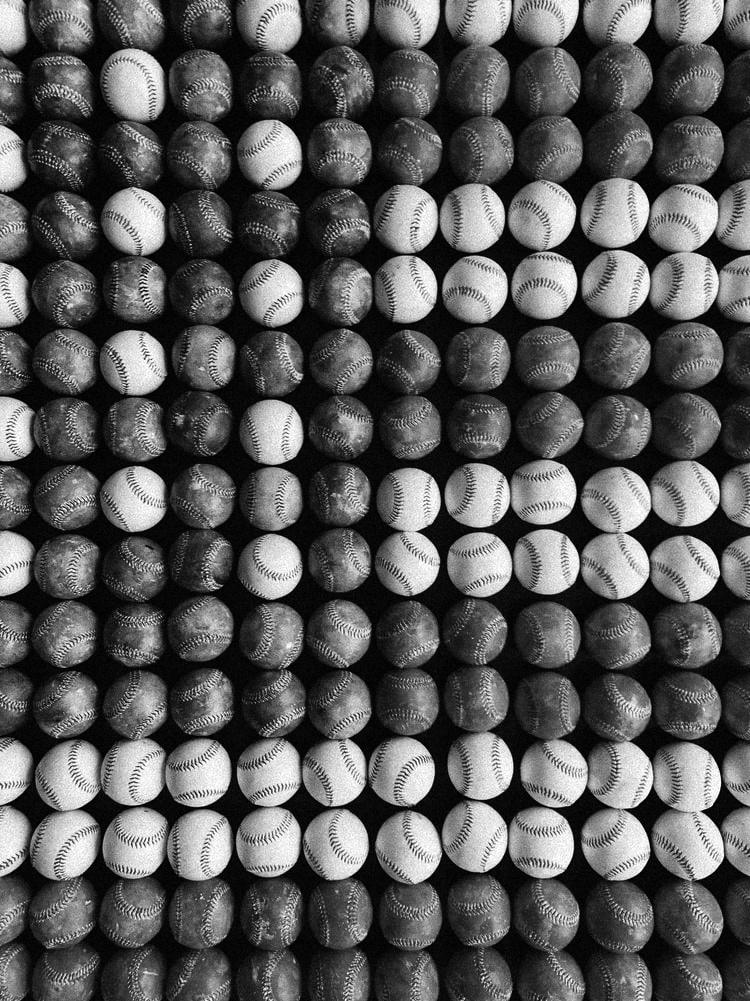Below is the Abstract from a recent article written by Professor Kenneth A. Jacobsen, Noah J. Goodman (LAW ’16), and Travis W. Watson (LAW ’21).
Interested in reading the whole article? Click here!
A recent paper written by Temple Law School Professor Kenneth A. Jacobsen, Noah J. Goodman (LAW ’16), and Travis W. Watson (LAW ’21) explores federal court jurisdiction over foreign business entities in the context of an American professional baseball player’s lawsuit against a Japanese professional baseball team and its corporate owner.
The paper examines the implications of the court’s holding in Lutz v. Rakuten, Inc., 376 F. Supp. 3d 455, 465 (E.D. Pa. 2019) as a “warning to foreign sports teams that recruit and employ American athletes.” The federal district court found a foreign sports club’s emails, text messages and other communications within the state gave rise to personal jurisdiction. The court, however, denied extending personal jurisdiction over the club’s corporate parent.
The paper argues the Lutz decision is significant because it expands American players’ legal rights by providing a forum that is less “cost prohibitive and logistically challenging” than foreign jurisdictions. Additionally, it notes the potential for American courts to find personal jurisdiction over international conglomerates, specifically “if there is fact driven evidence of their deep involvement and entwinement with the operational and business activities of their affiliates that operate” within the United States.
The paper ultimately argues that the parent company’s promotion of its branding and logo throughout the United States as well as its entwinement with the internet operations of its subsidiaries exposed it to personal jurisdiction. The paper is critical of the targeting analysis applied to the corporate parent by the Lutz court because under the ruling the defendant’s aggressive promotion of “its brand, logo and businesses throughout the entire United States… essentially immunized its conduct from scrutiny by any court here.”
The paper concludes that the Lutz decision provides hope that athletes with grievances against their foreign former employers might find United States courts open to hearing their claim. While the court found that it lacked personal jurisdiction over the corporate parent, the court acknowledged “the notion that an international conglomerate could be subject to personal jurisdiction if its marketing strategy targets citizens of a particular state and is central to its business.”
Professor Jacobsen joined the Temple Law faculty as a full-time Practice Professor of Law in 2011. For 30 years, he was in private practice, concentrating in complex business and commercial litigation, including class actions on behalf of investors, consumers and victims of environmental disasters. His full background can be found on his website at www.Jacobsenlaw-PA.com.
Mr. Goodman is a graduate of Temple Law and is currently employed at Raynes Lawn Hehmeyer. He also researches and writes about collective bargaining issues in professional sports and advocates that various rules, regulations, and bylaws should be altered to improve player rights.
Mr. Watson is a 4L evening student at Temple University James E. Beasley School of Law. In addition to law school, Mr. Watson is currently employed as an investigator at the Superior Court of New Jersey.
